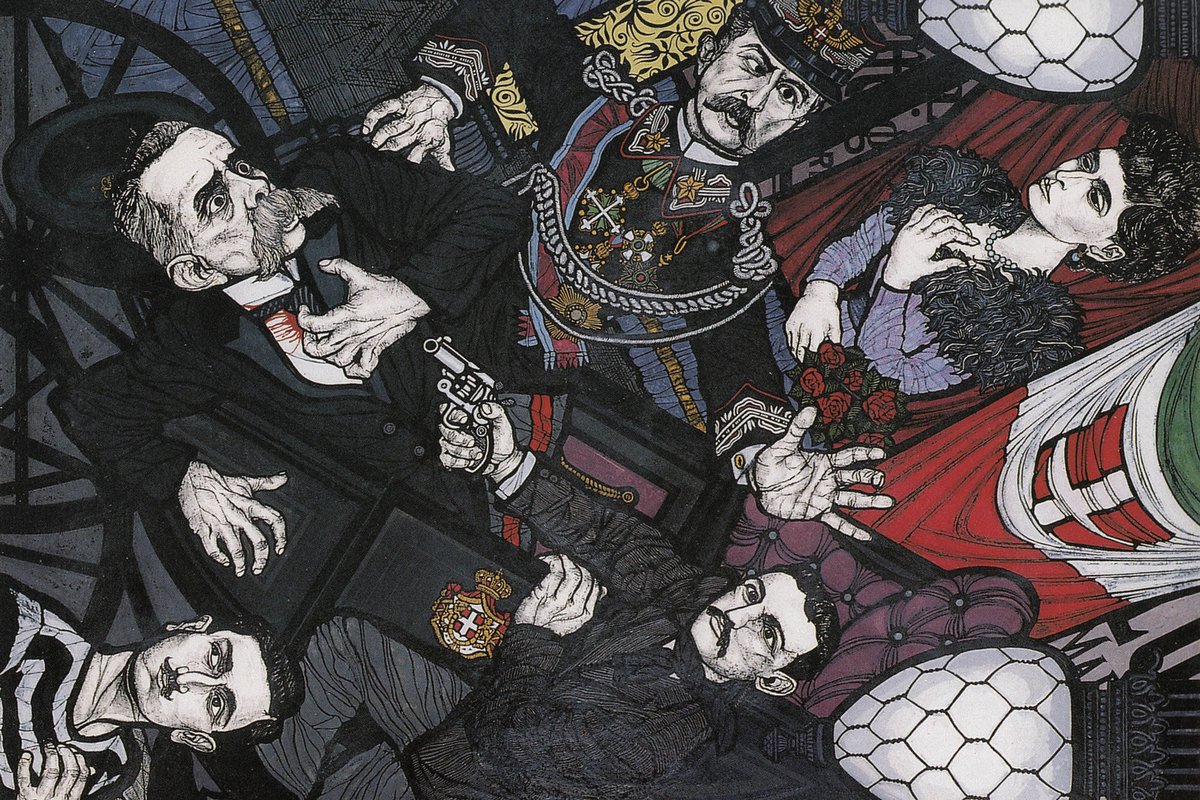
To see things clearly, one needn't read Galeano, Vine Deloria Jr, Howard Zinn. Colombo supported mutilations, land theft, total slavery, and sex slavery for children in his f*cking diary.
#NothingtoCelebrate
This demonstrates the limits of debate.
#NothingtoCelebrate
This demonstrates the limits of debate.
Anyone who negates the genocidal reality of Columbus, the US, whiteness, the bourgeoisie: those aren't beliefs that deserve respect. They're alibis to facilitate life in a world constructed by mass murderers like Columbus (and George Washington)
2/
2/
and to justify receiving some of the bloody profits.
It's good to have the books and studies, but unless we constitute ourselves as a force to destroy this world, the white supremacist histories and identities won't disappear.
It's good to have the books and studies, but unless we constitute ourselves as a force to destroy this world, the white supremacist histories and identities won't disappear.
(And yeah, over here they celebrate Columbus Day or the "Day of Spanishness" on the anniversary of the invasion, which is why this is coming a day late for statesiders.)
• • •
Missing some Tweet in this thread? You can try to
force a refresh







